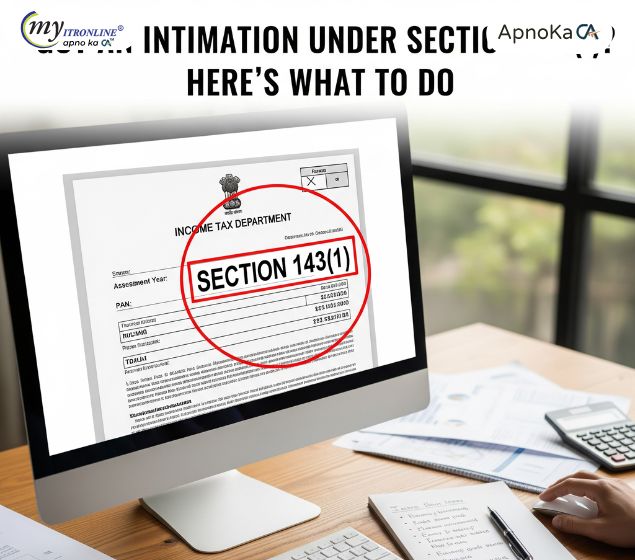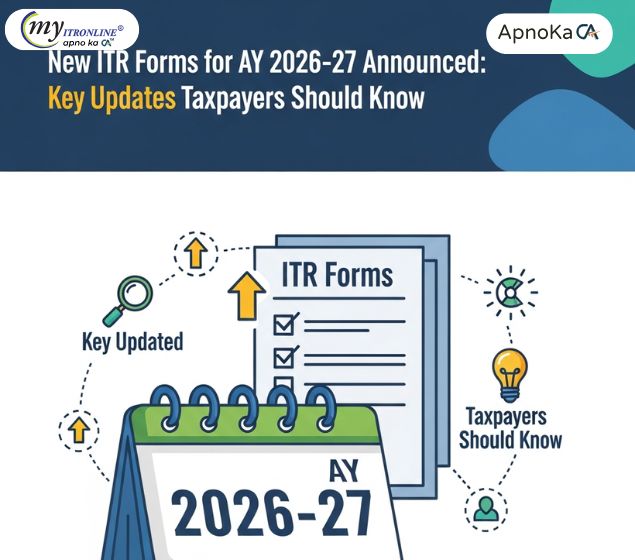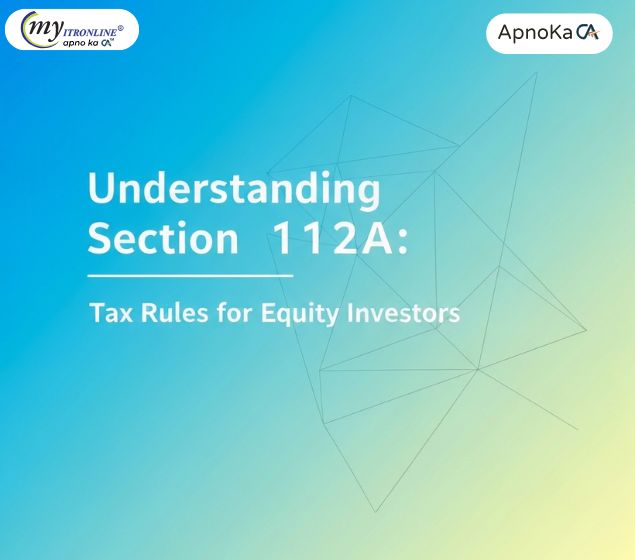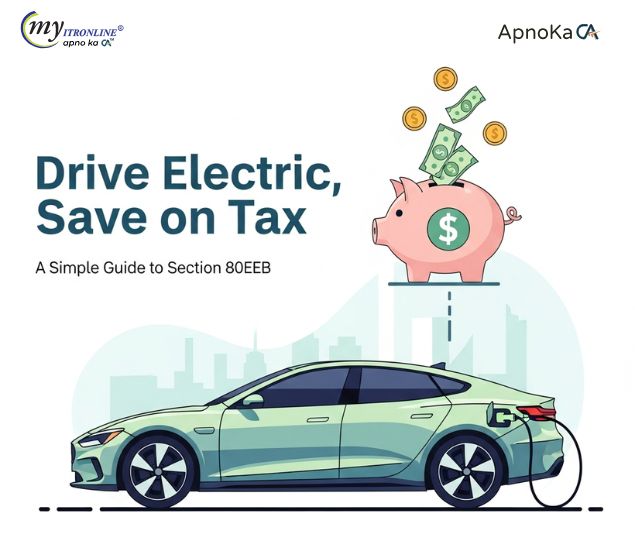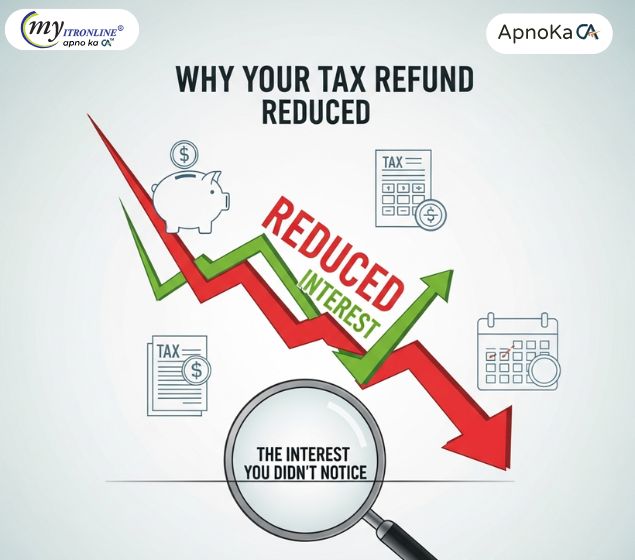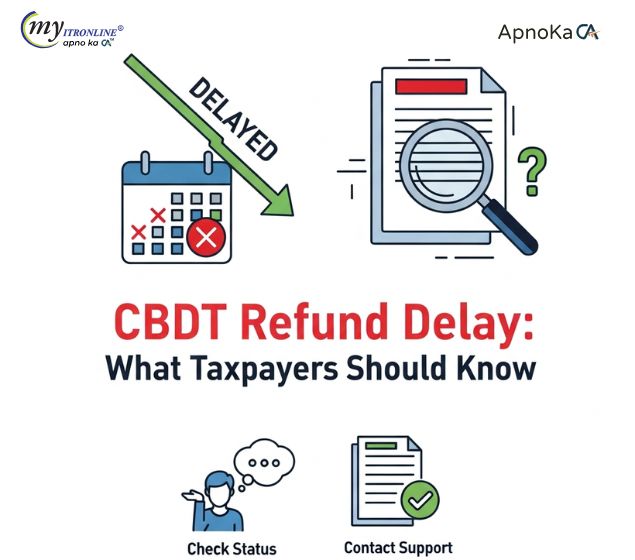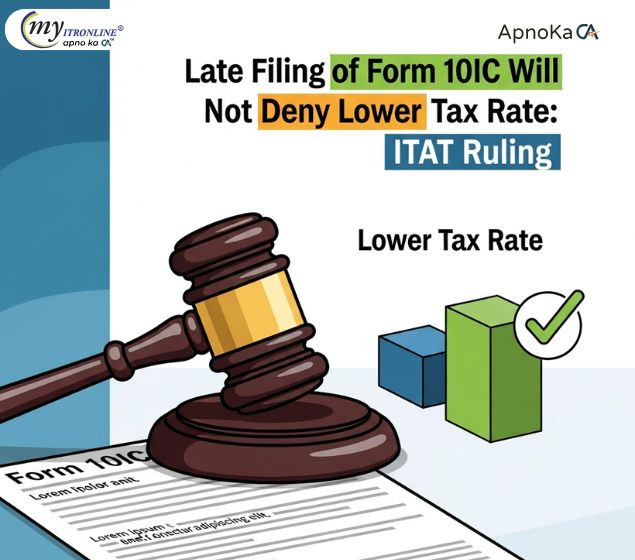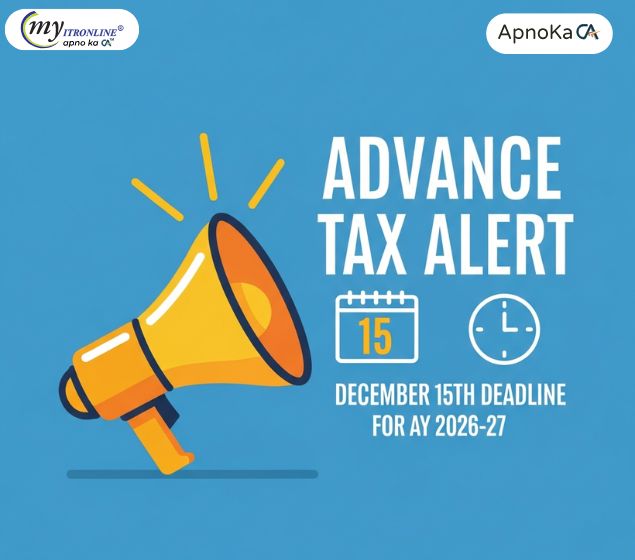The Digital Tax Revolution: India’s Roadmap for Modern Taxation
Digital India is using big data, blockchain, and artificial intelligence to transform the taxes system. This change promotes inclusion for both people and enterprises, streamlines tax compliance, and improves transparency. The blog addresses issues including cybersecurity and the digital divide while examining important breakthroughs like faceless assessments, GST changes, and AI-powered technologies. It illustrates how Digital India is creating a more intelligent and effective tax environment by highlighting the future of taxes with unified systems, customized taxpayer support, and incentives for compliance.
.jpg )
The swift digital revolution in India, commonly known as "Digital India," has profoundly changed a number of industries, including taxation. Through the utilization of cutting-edge technologies like blockchain, big data, and artificial intelligence (AI), Digital India is improving transparency, expediting tax compliance, and creating an environment that is more favorable to taxpayers. We'll look at how Digital India is changing taxes, what it implies for taxpayers, and what lies ahead in this blog.
1. The Taxation Vision of Digital India
The goal of Digital India is to establish a technology-driven, smooth, and effective government structure. One of the main benefits of this project has been taxation, which is an essential component of government. The objectives consist of:
- Streamlined Tax Compliance: Facilitating tax returns and payments for businesses and individuals.
- Accountability and Transparency: Limiting opportunities for corruption and tax evasion.
- Data-Driven Decision Making: Improving tax laws and enforcement by using real-time data.
- Inclusivity: By lowering obstacles to compliance, inclusivity aims to increase the number of people and companies participating in the formal economy.
2. Important Developments Changing Taxation in India's Digital Age
a. Faceless Assessments and Electronic Filing
- Portals for Electronic Filing: Taxpayers no longer need to visit the Income Tax Department in person to submit returns, monitor refunds, and get answers to their questions thanks to the e-filing platform.
- Faceless Evaluations: Faceless evaluations, which were introduced to guarantee impartiality, do away with face-to-face encounters between taxpayers and authorities, reducing corruption and bias.
b. The GST Ecosystem (Goods and Services Tax)
- Goods and Services Tax Network (GSTN): By enabling automatic tax reconciliation, input tax credit verification, and real-time invoice matching, this digital infrastructure ensures compliance and lowers mistakes.
- Electronic Invoicing: E-invoicing, which is required for some companies, minimizes human labor by integrating smoothly with GST filings.
c. Machine Learning and Artificial Intelligence
AI and machine learning are being used by the tax system to identify irregularities like discrepancies in income reports or hidden assets. More focused audits result from the use of predictive analytics to find possible instances of tax evasion.
d. Secure Transactions using Blockchain Technology
Blockchain technology is being investigated to improve the reliability of data shared between taxpayers and the government by producing tamper-proof transaction records.
e. Analytics and Big Data
By integrating big data, authorities may uncover tax non-compliance by analyzing large volumes of financial data, including stock market activity and banking activities.
f. Chatbots for Taxpayers and Online Assistance
"Tax Genie" and other AI-powered chatbots help taxpayers by answering their questions instantly, assisting them with the filing process, and lowering the need for human assistance.
3. The Implications of Digital India for Individual Taxpayers
a. Simplified Procedure for Filing
Even for first-time filers, the complexity of completing tax returns is decreased by online platforms and pre-filled forms. Transparency in reported income and deductions is ensured by the ease with which taxpayers may obtain their Form 26AS (Annual Tax Statement) and AIS (Annual Information Statement) online.
b. Quicker Refunds
Because fewer manual interventions are required when processing returns digitally, refunds are processed more quickly. Taxpayers are kept updated with real-time refund progress updates.
c. A Decrease in Errors
Intentional or unintentional mistakes in tax filings are less likely when automation and data integration across systems are implemented.
d. Increased Adherence
Because the system is less tolerant of errors or lapses, real-time monitoring and expedited processes incentivize taxpayers to stay in compliance.
4. Effects on Companies
a. Improved Tax Compliance
Digital technologies guarantee that companies keep accurate data, submit returns on time, and comply with regulations such as GST. For companies of all sizes, automated invoicing and input tax credit reconciliation streamline procedures.
b. Lower Administrative Expenses
Businesses may save money by reducing their reliance on middlemen and paperwork thanks to digital solutions.
c. Growing the Official Economy
Because of the advantages of digitalization, including simpler loan approvals and subsidies, micro, small, and medium-sized businesses (MSMEs) that were formerly exempt from taxes are now encouraged to register.
5. Difficulties and Obstacles
- Digital Divide: The implementation of digital tax systems may be hampered by rural areas' limited internet connectivity.
- Data Security Issues: Cybersecurity is still a major concern since sensitive financial data is processed online.
- Technological Adaptation: Without proper training, small firms and individual taxpayers may find it difficult to adjust to cutting-edge digital technologies.
- System Overload: Platforms such as the GSTN site have experienced outages during busy periods, leading to delays and annoyance.
6. How Taxation Will Develop in Digital India
- Harmonized Tax Structures: The goal of Digital India is to create a single tax platform that seamlessly combines indirect taxes, such as GST, with direct taxes, such as income tax.
- Blockchain Expansion: Blockchain technology has the potential to soon serve as the foundation of tax systems, offering increased efficiency and transparency.
- Growing AI Utilization: AI will keep developing, forecasting tax patterns, helping taxpayers, and more precisely identifying fraudulent activity.
- Tailored Taxpayer Assistance: The government will be able to provide individualized advice, tax planning advice, and recommendations based on unique situations thanks to AI-driven solutions.
- Rewards for Adherence: Future regulations may provide taxpayers who quickly adopt e-filing and other digital technologies with digital incentives or lower processing costs.
In Conclusion
Digital, effective, and inclusive taxation is the way of the future in India. Businesses and taxpayers alike would gain from a simpler and more transparent tax environment as Digital India develops. Although there are still difficulties, they are greatly outweighed by the opportunities for expansion and compliance.
In addition to ensuring seamless tax compliance, you can support India's goal of a digitally empowered society by remaining educated and utilizing digital technologies.
FILING YOUR INCOME TAX RETURN F.Y 2024-25 (A.Y. 2025-2026) WITH MYITRONLINE
The income tax filing deadline is right around the corner. If you haven’t filed yet, do it today with Myitronline! Avoid last minute rush and file your tax return today on MYITRONLINE in Just 5 mins.(www.myitronline.com)
If you are looking for eCA assistance to file your income tax return/ GST, you can opt for MYITRONLINE eCA assisted plan starting
Upload Salary Individual Form-16
If you have any questions with filing your tax return, please reply to this mail. info@myitronline.com OR call 9971055886,8130309886.
Note-All the aforementioned information in the article is taken from authentic resources and has been published after moderation. Any change in the information other than fact must be believed as a human error. For queries mail us at marketing@myitronline.com
Krishna Gopal Varshney
An editor at apnokacaKrishna Gopal Varshney, Founder & CEO of Myitronline Global Services Private Limited at Delhi. A dedicated and tireless Expert Service Provider for the clients seeking tax filing assistance and all other essential requirements associated with Business/Professional establishment. Connect to us and let us give the Best Support to make you a Success. Visit our website for latest Business News and IT Updates.
Leave a reply
Your email address will not be published. Required fields are marked *Share this article
Krishna Gopal Varshney, Founder & CEO of Myitronline Global Services Private Limited at Delhi. A dedicated and tireless Expert Service Provider for the clients seeking tax filing assistance and all other essential requirements associated with Business/Professional establishment. Connect to us and let us give the Best Support to make you a Success. Visit our website for latest Business News and IT Updates.
View articles













